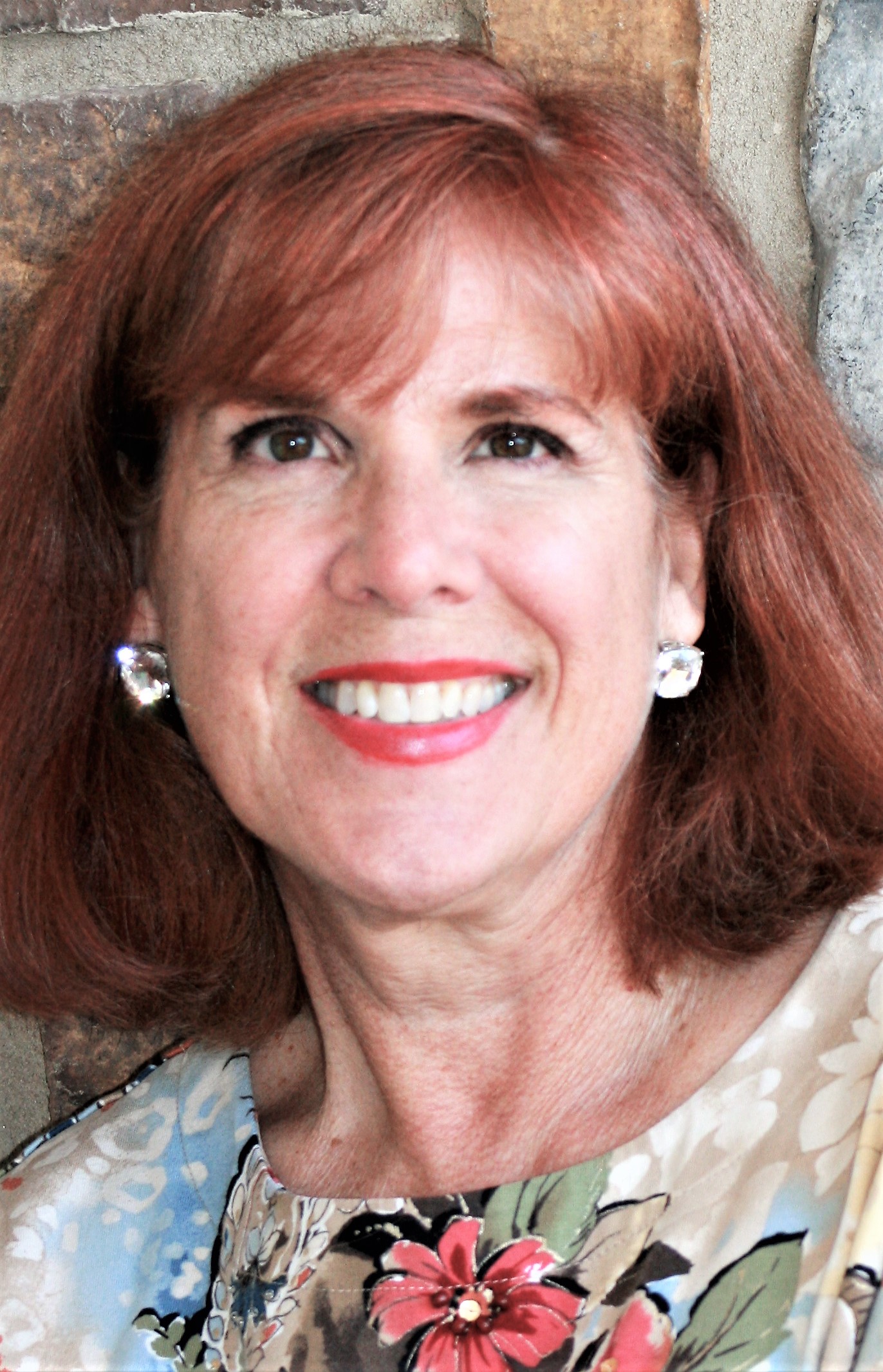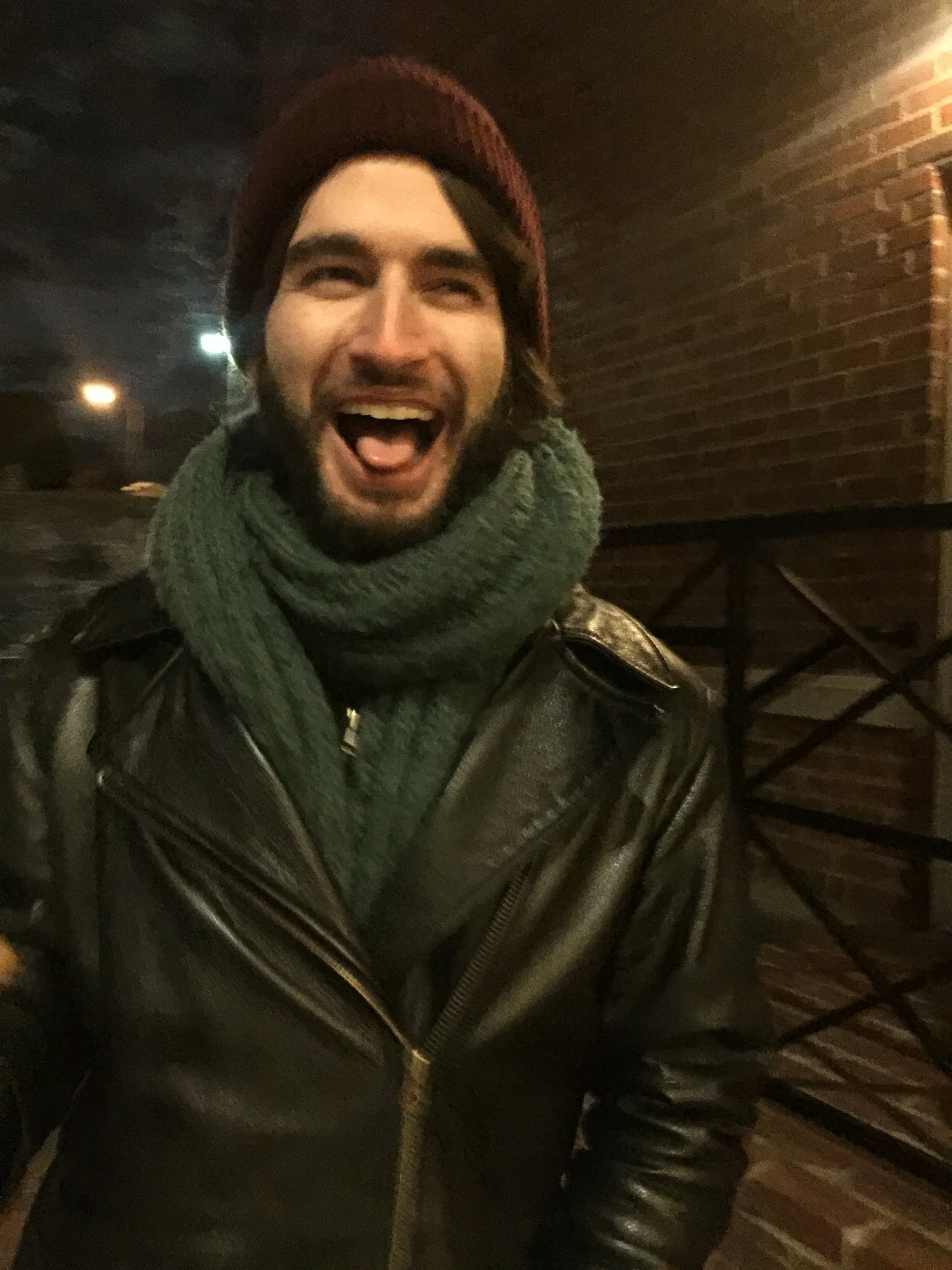Pantoum for a Funeral
Katya Vondermuhll
While the panikhida is being sung
in the Russian Cathedral on Geary
I am falling into your white bedsheets.
I run my tongue along your skin
in the Russian Cathedral. On Geary
you light the candles for my birthday.
I run. My tongue along your skin,
I say. It has been three years.
You light the candles. For my birthday
you tell me not to stop. Never to stop?
I say. It has been three years
since you’ve been to Confession,
you tell me. Not to stop, never to stop,
you sing. I love the rise and fall of your voice
since you’ve been to Confession.
Arabic is a language I don’t understand.
You sing. I love the rise and fall of your voice
in the Cathedral. The Archbishop places his stole.
Arabic is a language. I don’t understand
the prayers of absolution being read for the dead.
In the Cathedral the Archbishop places his stole.
You consecrate the wine and bread on Sundays.
The prayers of absolution are being read. The dead
is having his final Liturgy. He is lying in a pinewood box.
You consecrate the wine and bread. On Sundays
the dead will not receive. I approach the Chalice, the body and blood.
He is having his final Liturgy, lying in a pinewood box.
You call to tell me the priest from Lebanon is dying.
The dead will not receive. I approach the Chalice. The body and blood
I will eat and drink. Everyone is dying. Soon it will be us,
You call to tell me. The priest from Lebanon is dying.
I am sorry I am writing this, Habibi. I know you don’t want me to.
I will eat and drink everyone. Soon it will be us dying,
falling into. Your white bedsheets,
I am sorry. I am writing this, Habibi, I know. You don’t want me.
The panikhida is being sung.












































